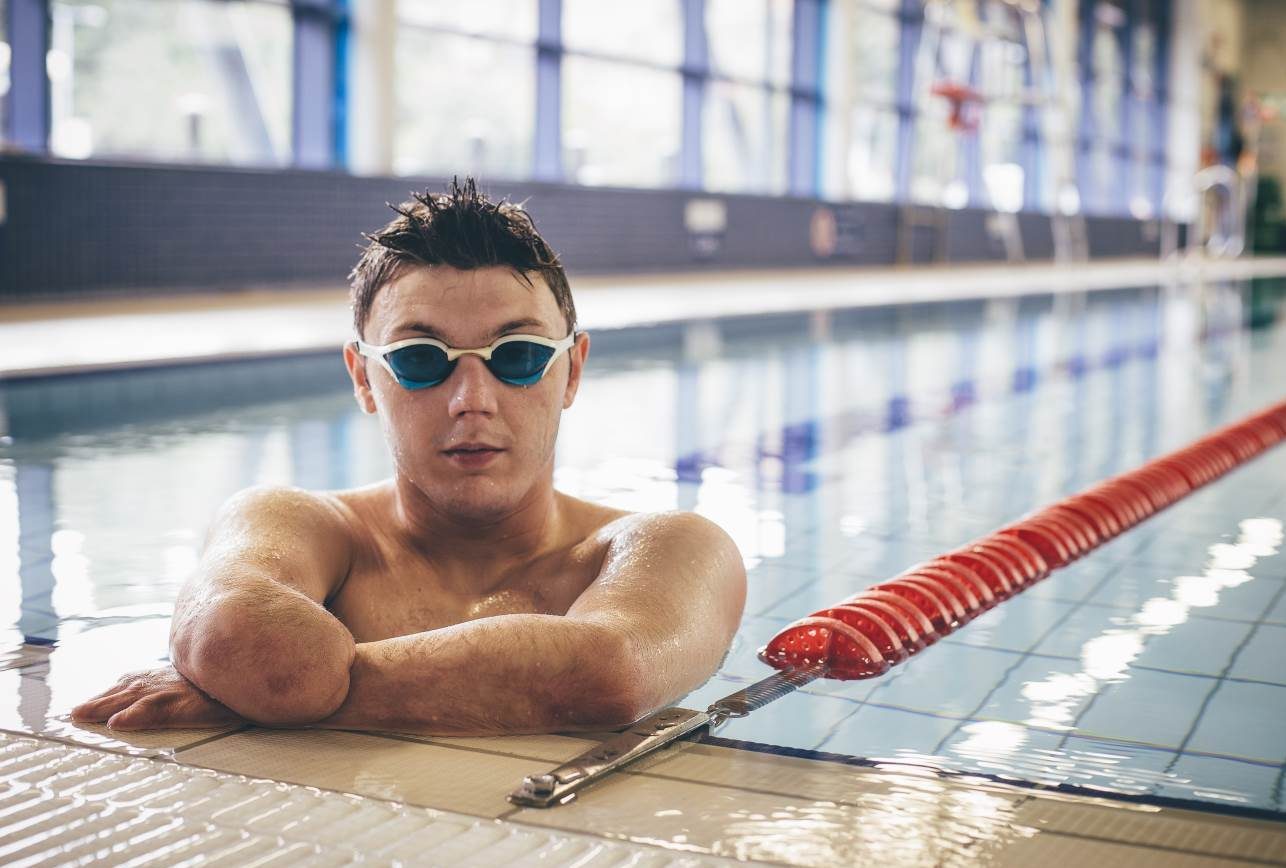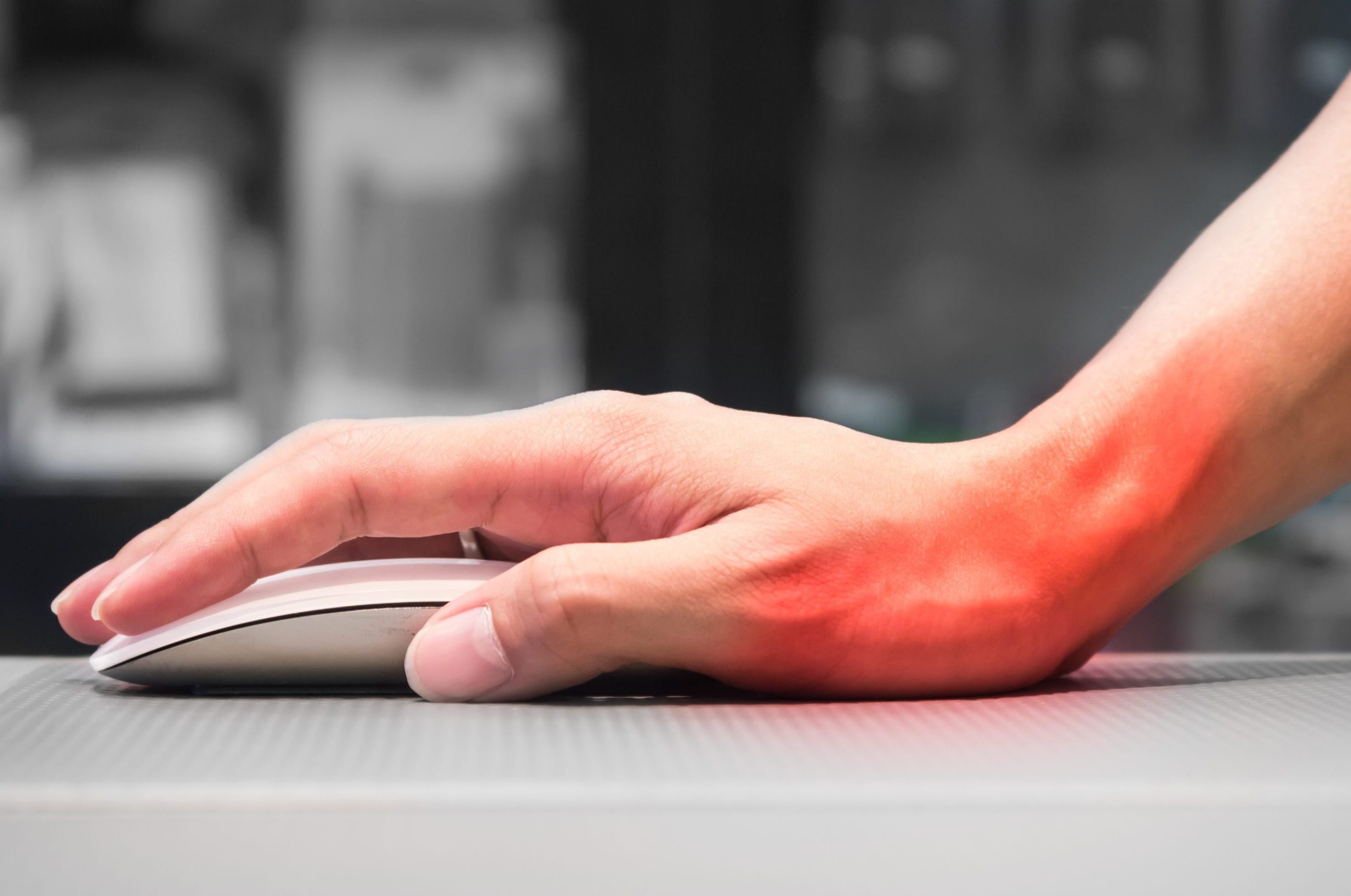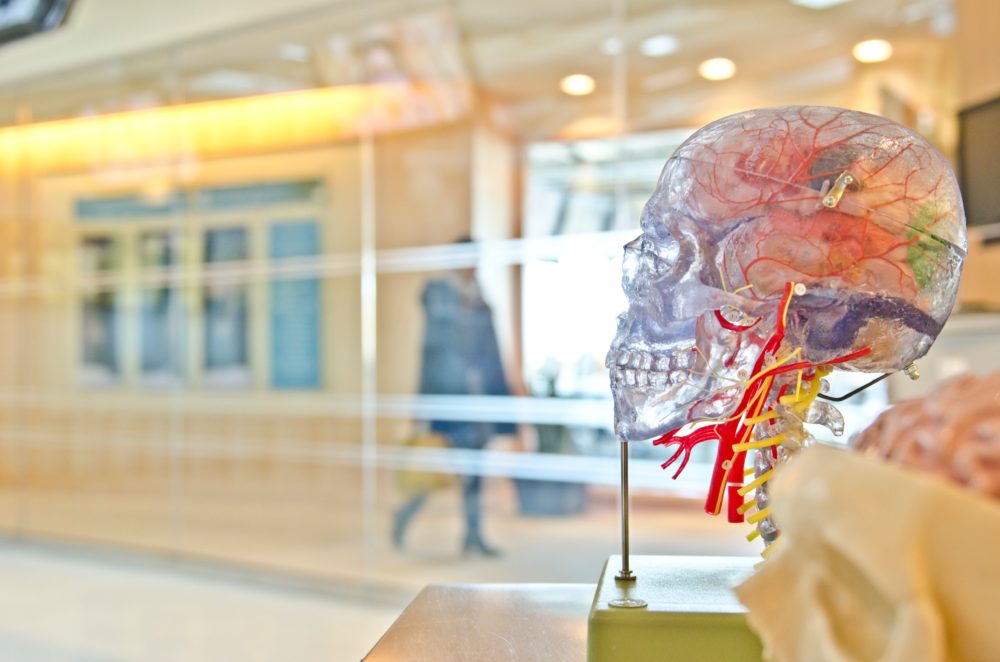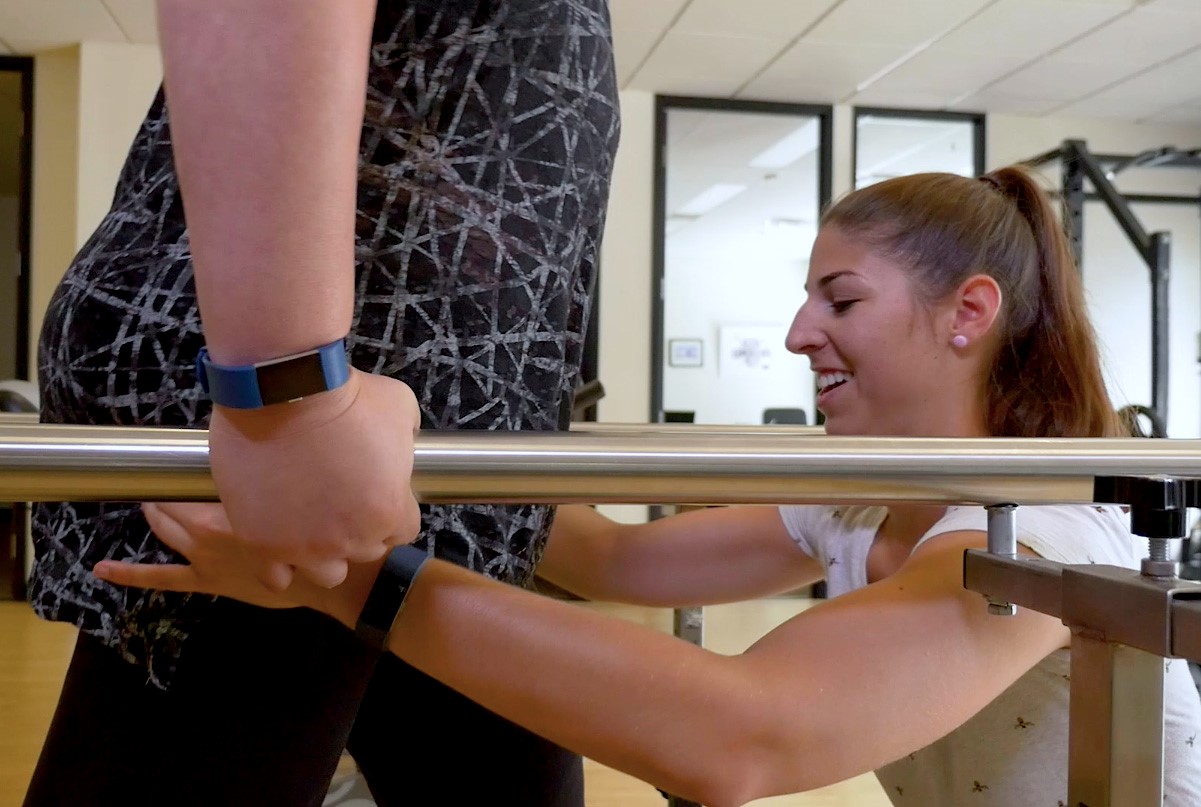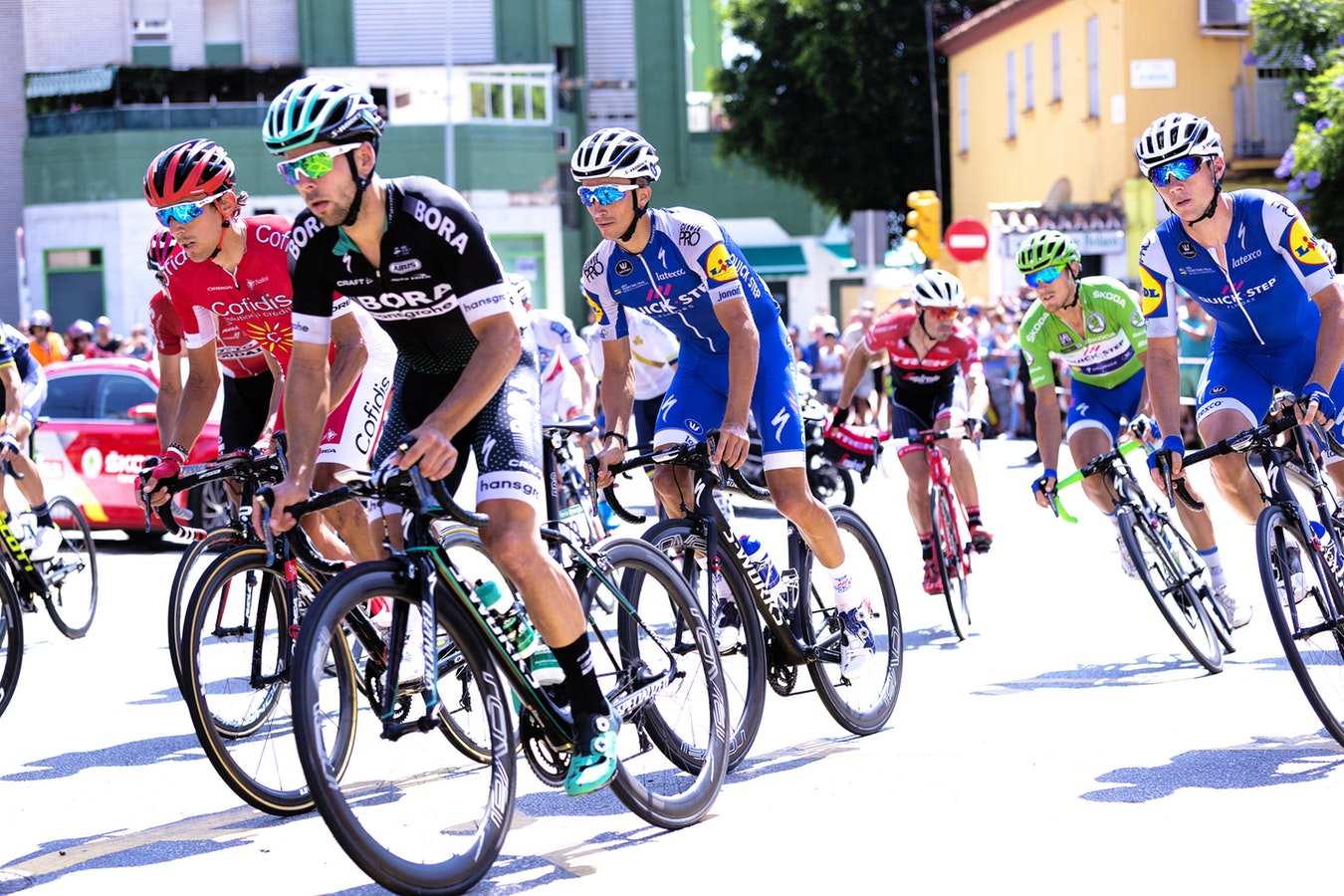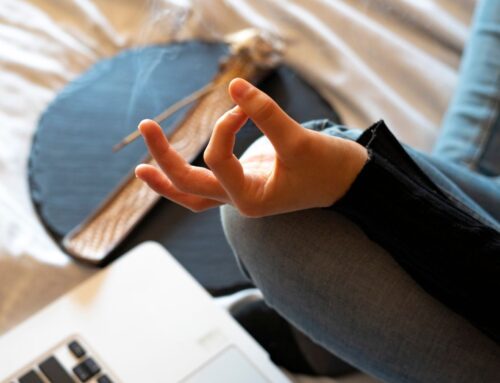Mindfulness exercises and meditation practices are a way of coping with today’s changing environment. They are tools that you can use to help you deal with the stress, anxiety and worry that have become commonplace during these unprecedented times. Mindfulness exercises can help by focusing our attention to the present moment, developing a practice of self compassion, and creating a greater acceptance of the uncertainty of life events.
With the ever-changing structure of work, schools and our overall way of life, it is easy to see why people are struggling to cope. Whether you’re trying to adjust to working from home, helping your kids navigate online learning, trying to function somewhat normally while keeping up with the latest restrictions and protocols, or all of the above, your mind and body may be in a constant state of worry and stress.
Mindfulness involves bringing full attention to the present experience, no matter what that is (including anxiety, fear, anger). In meditation we bring our sole focus to a singular object (whether that be the breath, bodily sensations, or a mantra).
Inevitably the mind will wander but the practice becomes returning to the breath or body whenever we drift off into thinking about the past or planning the future. As we practice this more and more, our minds start to drift a little less, so that we can focus on the present moment.
Mindfulness exercises have been shown to activate key areas of the brain responsible for attention such as the prefrontal cortex, anterior cingulate gyrus, as well as attentional networks of the brain.[i] Mindfulness brings us back to the present moment.
5-Minute Mindfulness Exercises
Mindfulness Exercise 1:
Try counting each breath all the way up to 10.
You can choose to do each inhalation/exhalation as one, or inhalation one/exhalation two.
If you lose your focus, begin again at 1.
Keep going until you reach 10 breaths.
Developing and practicing self compassion can be a challenge for some people. Self compassion refers to acting with understanding and kindness toward yourself when going through difficulties, failures, or hardships. In mindfulness we practice a non-judgmental and open mind to whatever thoughts and feelings are present. At the same time, this compassion can expand into others and a recognition of the suffering of all people.
Mindfulness Exercise 2:
The next time you find yourself beating yourself up over difficulties or perceived failures, take a pause.
Place your hand over your heart and take 3 deep breaths.
Notice the feeling of your hand on your heart and the feeling on your chest underneath.
If it feels comfortable, try offering some kind words to yourself like ‘this is really stressful’ or ‘this is a moment of suffering, be kind’.
When asked to summarize the Buddha’s teachings in one phrase, meditation teacher Suzuki Roshi simply said, “Everything changes.” This phrase is a simple reminder of the uncertainty of life. We don’t know how long this will last, what will happen next or what life will look like in the future. We do know that worrying and ruminating on negative thoughts doesn’t help.
Coping with life’s uncertainty is a part of building healthy coping skills for ourselves and for our children. Those who have had life changing events such as traumatic injuries, illness, or an unexpected death understand how life quickly changes. This can be a difficult concept to accept in our world of planning and organizing. However, in practicing mindfulness exercises, as we become aware of our thoughts, feelings, and sensations, we gain awareness on how these are constantly changing. We can gain a greater perspective on the changing nature of life.
Mindfulness Exercise 3:
Walking outdoors – walk slowly and notice the sensations of your feet and your legs during each step.
Sense the changing pressure and movement as you move.
Notice your breath as you walk.
Sensing that place where you feel the breath the most.
This is a difficult and challenging time for so many of us. Practicing mindfulness exercises is a coping tool to help give you equanimity and calm during these stressful times. Contact us to trial mindfulness therapy and see how it can help you.
Written by






